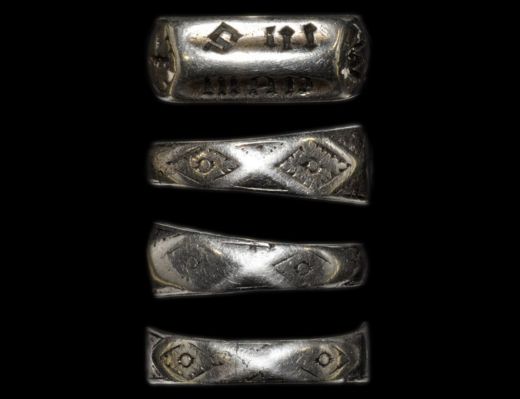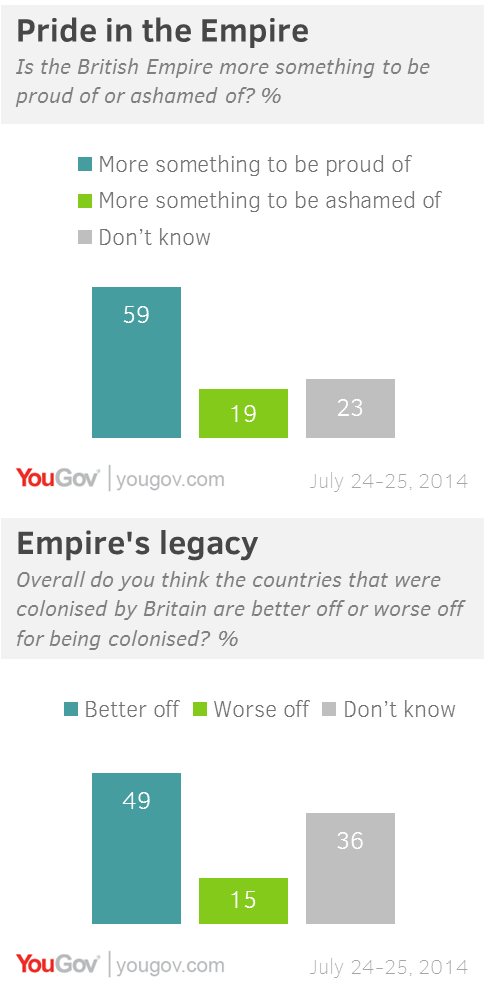- Joined
- Mar 19, 2008
- Messages
- 16,671
50 years ago yesterday the Soviet Union informed the government of Egypt that Israel was massing troops in the Galilee with the intent to invade Syria and overthrow the regime in Damascus, thus setting off a chain of events that would lead to the Six-Day War less than four weeks later.
Actually the chain of events were probably already in motion, given Syrian shelling of Israel that had been on-going. also the reports from the USSR were at best an over exaggeration of what was going on along the Syrian border, at worse at out right lie by the USSR.

The Akune family had 4 brothers who fought in World War II.
But it wasn’t until the war was over that the incredible story, as detailed in records, surfaced.
Though they had all fought in the same war, they had not fought on the same side. Two had fought for the U.S. and two for Japan.
The American Dream, Then Tragedy
In 1918, many immigrants were coming to the United States in search of the American Dream. Among these immigrants were Ichiro and Yukiye Akune, who came to California.
They opened a grocery store, building a life for themselves and the nine children they soon brought into the world.
Tragedy took the life of Yukiye in 1933, after which the children were sent to Japan to live with relatives, followed shortly after by Ichiro.
Harry (Masami) and his brother Ken (Kenjiro) returned to California to find work once they were old enough to do so. Then came the attack on Pearl Harbor on December 7, 1941.
Pearl Harbor Attack, 7 December 1941 [public domain]
Harry and Ken found the country in which they were born and to which they returned was becoming increasingly hostile to citizens of Japanese heritage.
Harry and Ken Enlist in the U.S. Army
In 1942, Harry and Ken were among the approximately 120,000 Japanese Americans forcibly relocated to internment camps despite their U.S. citizenship.
The brothers were sent to a camp in Colorado, where they were actively recruited by the U.S. Army, which was seeking volunteers who could speak Japanese.
And enlist they did, as shown in World War II enlistment records.
Kenjiro Akune’s World War II enlistment record [via Ancestry]
In an environment rife with hostility even from fellow U.S. soldiers, the brothers played a vital role in the war effort.
They used their proficiency in the Japanese language to provide translations, question Japanese soldiers, and create propaganda used to encourage opposing forces to surrender.

Propaganda leaflet targeted to Japanese troops [public domain]
Surprise: Brothers Saburo and Shiro Fought for Japan
Unbeknownst to Harry and Ken, their younger brothers, Saburo and Shiro, were fighting diligently in the war as well—for the Japanese.
The nature of military service of these pairs of Akune brothers were unknown to each other until a family reunion in Japan led to the revelation that the brothers had fought on opposing sides of the war.
Discharged Japanese soldiers on their way home after the end of World War II [via Wikimedia Commons]
Ichiro, their father, quickly brokered a peace among his sons, and all four of the veterans returned to California and later fought on the same side (for the U.S.) in the Korean War.
Pretty cool, if you're into your Roman history that is.

On this day in history...Liverpool celebrate winning the title with a parade:


Why are you posting this here, now? Has something new happened?'The Shakespeare authorship question is the argument that someone other than William Shakespeare of Stratford-upon-Avon wrote the works attributed to him. Anti-Stratfordians—a collective term for adherents of the various alternative-authorship theories—believe that Shakespeare of Stratford was a front to shield the identity of the real author or authors, who for some reason did not want or could not accept public credit.'
https://en.m.wikipedia.org/wiki/Shakespeare_authorship_question
Shakes' back and he bout to whoop some ass for questioning his authorinship.Why are you posting this here, now? Has something new happened?
'The Shakespeare authorship question is the argument that someone other than William Shakespeare of Stratford-upon-Avon wrote the works attributed to him. Anti-Stratfordians—a collective term for adherents of the various alternative-authorship theories—believe that Shakespeare of Stratford was a front to shield the identity of the real author or authors, who for some reason did not want or could not accept public credit.'
https://en.m.wikipedia.org/wiki/Shakespeare_authorship_question
Was written to a daffodil.A rose by any other name.
Dr. Cockfingers Romeo and Juliet.I've always wondered why this debate actually matters.
If they are written by someone else then who cares?
Is is the attribution of these works to Shakespeare that earned his plays and poems their cultural and historical significance? Does he live beyond his works or is the name 'Shakespeare' simply still remembered because he is the author? If he is remembered simply as the author then does it matter if that author's name is Shakespeare, Lord Bacon, or Dr Cockfingers?
The only answer I can come up with is if we argue that 'Shakespeare' has actually become a catch all term for several different authors, but as far as I'm aware mostly people contend that they were all still the work of one person.

The long-standing belief in bloodletting as a treatment is one which has often bugged me.
